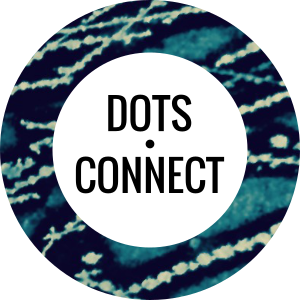A Network of Fisherfolk
As fish abundance decreases, food security is a growing issue in the Caribbean Islands. At the same time small community-based fisheries in these countries are concerned that their access to traditional fishing grounds are under threat, and with it the ability to maintain their livelihoods, participate in management of the resource, and feed their people. The Caribbean Network of Fisherfolk Organizations (CNFO) was formed to increase the voice of fisherfolk in the Caribbean region so that they can address these concerns among others.
I’ve had the privilege of meeting Mitch Lay, the coordinator of the CNFO, a few times. He’s a humble man who would much rather be on his fishing boat or with his family, but he realizes that they are both at risk. So he spends a lot of time away from home, sharing his message with anyone who will listen. And it’s hard not to connect with what he has to say. Listen to a little bit of a speech of his in Guyana last February.
Connecting the Dots
Because the CNFO is made up of National Organizations spread across 12 different countries, it’s a challenge for them to collaboarate at a regional scale. To address this they partnered with the ICT Research Programme at the University of the West Indies, led by Dr. Kim Mallalieu, to create an online engagement platform that they could use for everyday communication and collaboration. It would integrate tried-and-true tools for virtual communities as well as more modern tools like Google Hangouts and a virtual classroom.
In February the ICT team reached out to me do a rapid assessment of the beta release of their platform. Their testing had turned up some usability and performance issues and they were still deciding how to best implement the more sophisticated features they had planned. The project team clearly knew what they were doing and most importantly what they needed the site to do. What they wanted was some fresh insight. An outside perspective.
So over the course of a few days I met with the project leads, distilled down their needs and concerns, researched plugins and best design practices for their chosen CMS, tested the current UI workflows against project requirements and usability guidelines, and finally presented a set of pinpoint recommendations.
The feedback was well received, even invigorating for the project team. I think because I not only offered fresh ideas and solutions they hadn’t considered, I also took the time to affirm many of the things they were already thinking and decisions they had already made. This gave them renewed confidence and energy that they could take into the next phase of development, and I wish them success. The fate of some of these small scale fisheries may rely on it.

